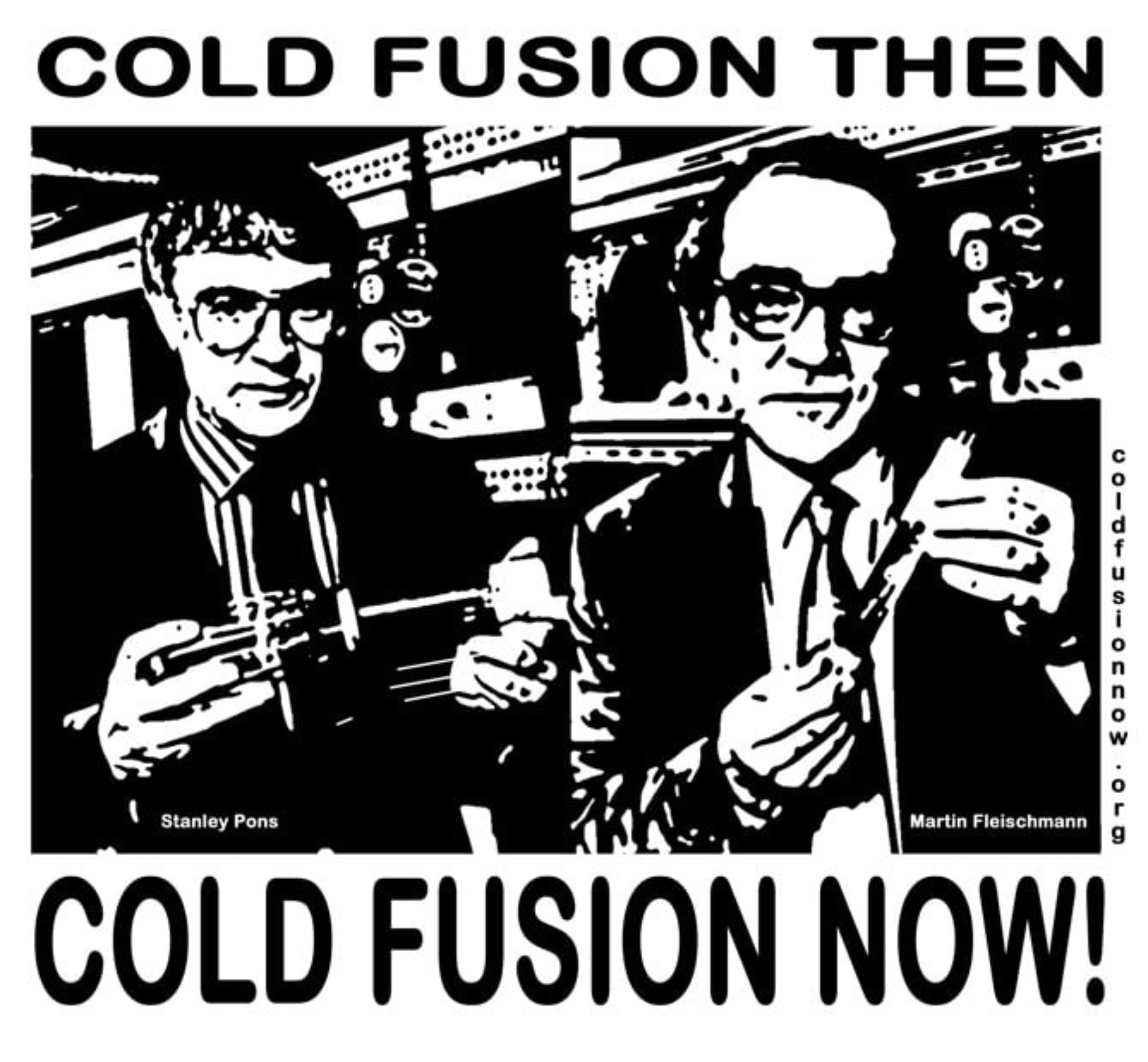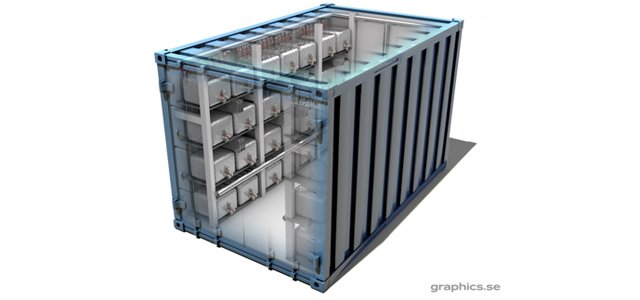According to a press release on their website, U.K.-based Hydro Fusion is looking for a Swedish Pilot Customer to participate in an E-Cat power production pilot-program.
 HydroFusion is the North European Licensee Group Branch for Andrea Rossi‘s E-Cat and has an office in Sweden.
HydroFusion is the North European Licensee Group Branch for Andrea Rossi‘s E-Cat and has an office in Sweden.
Energy produced by the E-Cat is in the form of steam from a nozzle on the unit. The pilot operator of the 1 MW thermal generator “will only pay for the energy produced by the ECAT, i.e. Hydro Fusion and Leonardo Corporation will take responsibility for all associated costs including: the plant itself, installation and any transportation costs.”
The customer must agree to install the unit by this fall 2013 and allow the showcasing of the plant for other would-be buyers.
The 1MW plant consists of 106 smaller 10-kilowatt units fitted together in parallel within a 6-meter shipping container. A valve in front of each smaller unit allows re-filling of hydrogen fuel, as well as access to the heater that starts the reaction. These smaller units each contain three core reactors, each 20 cm x 20 cm x 1 cm, holding a specially-treated nickel powder, the heart of the nickel-hydrogen exothermic reaction.
Hydro Fusion claims, “per unit of weight, this process is at least 100,000 more efficient than any known combustion process.” A recent third-party report by scientists who conducted a test on several versions of the core reactor confirmed energy density “off-the-chart”.
The E-Cat technology produces no CO2 emissions and no radioactive waste.
On their website, Hydro Fusion outlines the E-Cat 1MW specifications to which the customer must agree to append all applications:
- Heat energy is produced according to specs.
- Heat energy 1 MW thermal at up to 120 C
- Heat exchanger from ECAT system to customer heat application.
- Electricity is consumed according to specs.
- 250 kWe maximum power consumption
- 166 kWe average power consumption, i.e. COP=6
Hydro Fusion would like to receive quotations from Pilot Customers on both thermal MWh price and electric MWh price, based on an assumption of 7,000+ operating hours per year.
Current estimated delivery time for the E-Cat is four months with functionality warranted for two and years and an expected 30-year life span.

